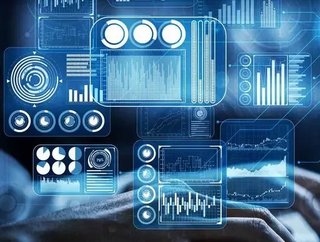What is machine learning and why is it important?

Machine learning (ML) is a branch of artificial intelligence (AI) that focuses on building applications that learn from data and improve their accuracy over time without being programmed to do so.
In ML, algorithms are ‘trained’ to find patterns in vast amounts of data in order to make decisions and predictions based on new data without being specifically programmed to do so. The better the algorithm, the more accurate the decisions and predictions will become as it processes more data.
We are surrounded by ML daily without often knowing it. Websites show us recommendations for products and songs based on what we have previously bought or listened to. We have digital assistants on phones and speakers who will search the web or play music in response to our voices. Spam detectors stop unwanted emails from reaching our inboxes. Self-driving cars are being trailed, and there are so many other ways in which ML is integrated into our daily lives.
Why is machine learning important?
Data is so important to companies, and ML can be key to unlocking the value of corporate and customer data enabling critical decisions to be made.
Industries are developing more robust machine learning models capable of analysing bigger and more complex data while delivering faster, more accurate results on vast scales. Machine learning tools enable organisations to quickly identify profitable opportunities and potential risks.
Where is machine learning used?
ML is used in many different industries to help with advancements and implementation of various applications. Here are some examples:
- Healthcare - Wearable devices and sensors that monitor certain things from steps, oxygen levels to heart rates are really important and generate a large amount of data that allows doctors to assess their patient’s health in real-time. ML algorithms can now help detect tumours on scans and help identify possible diseases.
- Transportation - ML’s data analysis and modelling functions fit well with businesses within the delivery, public transportation, and freight transport sectors. ML uses algorithms to find factors that positively and negatively impact a supply chain’s success, making ML a critical component within supply chain management. Self-driving cars also require ML. They must continuously identify objects in the environment around the car, predict how they will change or move, and guide the car around the objects as well as toward the driver's destination.
- Finance - ML can provide this industry with insights that allow investors to identify new opportunities or know when to trade. It can also help to detect fraudulent transactions and pave the way for a safer and more secure online transaction.
Clearly, machine learning is important to businesses because of its wide range of applications and its ability to adapt and provide solutions to complex problems efficiently, effectively, and quickly. Knowing how to use ML to meet individual business needs, challenges and goals are vital, and once companies can understand this increasingly complex technology, the benefits are undoubtedly great.






